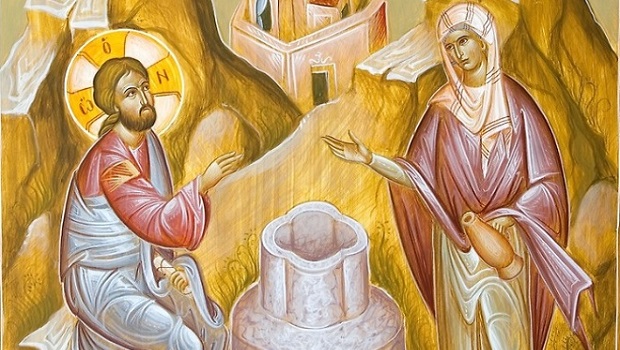Theodoros Ziakas
2. The theory of force.
It would seem that the theory of force is more or less confined to Greece. Its supporters invoke the persecutions of the early Byzantine emperors against the pagan priests and schools. In other words, they cite events which took place after the fourth century, when the victory of Christianity was already assured.
They overlook the fact that the conversion of the large urban centers had already taken place before there were ever any ‘Christian’ emperors to turn against ancient paganism. In the pre-Byzantine period exactly the opposite happened: Greeks became Christians despite the persecutions of the Roman state.
What was the ethnicity of the pre-Byzantine martyrs. We don’t have any such specialist study on martyrology at our disposal, but it is likely that the majority were Greeks. (Greeks, of course, with the criterion of education, which is completely in accordance with the classical view that it was spiritual provenance rather than racial which defined ethnicity) [The famous phrase ‘Those who share our education are called Greeks’ is from Isocrates’ Panegyric Address. WJL]. The pre-Byzantine Christians were not Jews, though. We know from the Acts of the Apostles, that it was his Jewish compatriots who permanently caused problems for Paul in his endeavors. To the point where he gave up on them and turned his attention to the Greeks and Romans.
We therefore know when the change-over from paganism to Christianity took place: between the first and mid-fourth centuries. It was during that period, in the large Hellenistic urban centers, that the change in Greek religious allegiance was accomplished. In this Hellenistic period, the center of gravity of the Greek world moved to large cities in the East: ‘We, the Alexandrians, the Antiochians/ the Seleucids, the multitudinous/ other Greeks of Egypt and Syria/ and those in Media and in Persia and so many others./With their extensive realms, the varied activity of thoughtful adaptations./ And the Common Greek Speech/ we carried to the heart of Bactria, to the Indians./ Are we going to talk about Lacedaemonians now?’ (Constantine Cavafis, In the year 200 B.C).
This situation had not changed by the Late Roman era. The Greek population was represented much more by those living in the large cities around the Mediterranean and beyond and less by the inhabitants of agricultural land within Greece itself.
This does not, of, course, mean that all Greeks had become Christians in those first three centuries. There were still a large number of ‘gentiles’. In the fourth century, Emperor Julian pinned his hopes of a revival of paganism on such people. Naturally, among the rural population of Greece itself, the introduction of the new religion went at a slower pace. The Community of the Free Laconians [in the Peloponnese] was not converted until the 10th century, by Saint Nikon. But what percentage did the rural Greeks represent as regards Greeks as a whole? In terms of quantity, very few and in (cultural) quality not much (‘Are we going to talk about Lacedaemonians now?’). So it’s beyond question that Greeks who became Christian did so voluntarily. They were martyred for their faith and their martyrdom ensured victory.
Of course, when Roman authority ‘adopted’ Christianity through ‘co-optation’, political violence changed direction and was turned against other religions and against heresies, While it is true that these included the religion of the Olympic gods, this was already dead. ‘The speaking water flows no more’ [Oribasius, at the Oracle of Delphi in 362. WJL].
Read the first part here
Source: pemptousia.com
ABOUT THE ORTHODOX CHRISTIAN NETWORK
Orthodox Christian Network (OCN) is a 501(c)3 and an official agency of the Assembly of Canonical Bishops of the United States of America . It is a recognized leader in the Orthodox Media field and has sustained consistent growth over twenty-two years. We have worked to create a community for both believers and non believers alike by sharing the timeless faith of Orthodoxy with the contemporary world through modern media. We are on a mission to inspire Orthodox Christians Worldwide. Click to signup to receive weekly newsletter.
Join us in our Media Ministry Missions! Help us bring the Orthodox Faith to the fingertips of Orthodox Christians worldwide! Your gift today will helps us produce and provide unlimited access to Orthodox faith-inspiring programming, services and community. Don’t wait. Share the Love of Orthodoxy Today!
OCN has partnered with Pemptousia. A Contemporary post-modern man does not understand what man is. Through its presence in the internet world, Pemptousia, with its spirit of respect for beauty that characterizes it, wishes to contribute to the presentation of a better meaning of life for man, to the search for the ontological dimension of man, and to the awareness of the unfathomable mystery of man who is always in Christ in the process of becoming, of man who is in the image of divine beauty. And the beauty of man springs from the beauty of the Triune God. In the end, “beauty will save the world”.




0 Comments